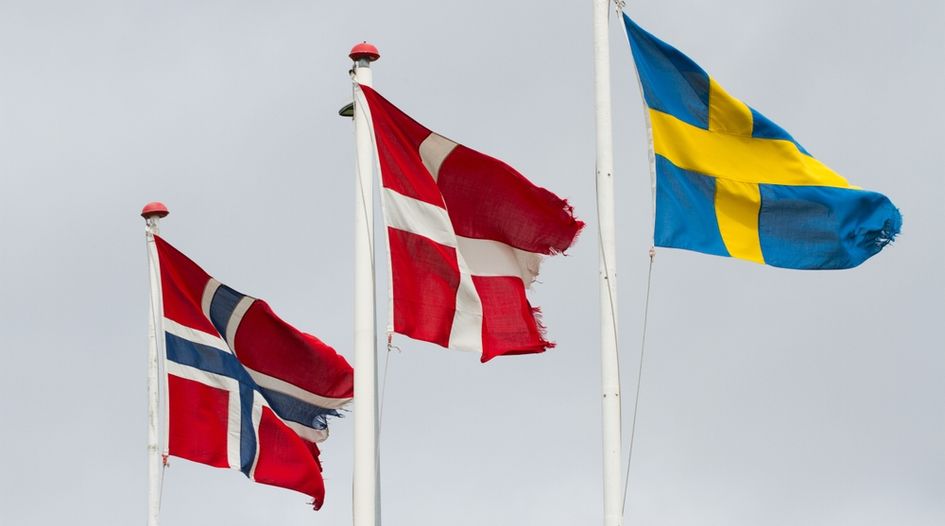The potential impact of the UPC on Scandinavian companies that sell domestically

Much of the information surrounding the launch of the Unified Patent Court (UPC) explores how applicants will be affected. It should also be acknowledged that many companies will now face an increased risk of infringing patents, inadvertently or otherwise, in markets far away from their own and from companies that they had not previously considered to be competitors.
Many Scandinavian companies view neighbouring countries, ie, the United Kingdom and Germany, as among their largest markets. While it is true, this fact fails to account for the many organisations selling their products and services domestically in their home markets. Many of these organisations have enjoyed a low patent infringement risk due to the relatively limited number of European patents that are validated in Denmark, Sweden or Norway. This will change with the UPC’s recent launch, which will likely result in a higher number of active patents in Scandinavian countries.
Both Denmark and Sweden have signed up to the UPC, with the new unitary patent covering several European countries, including many of Europe’s largest markets. It represents a changing patent landscape in Europe, but it will bring with it a significantly higher level of scrutiny to existing Scandinavian patents. While Norway is not a member of the European Union or the UPC, it could still be affected because many international companies view the Scandinavian or Nordic regions as a single market. Therefore, increased risk in one jurisdiction could mean increased risk in all. Similarly, it is possible that Patentstyret, the Norwegian Intellectual Property Office, would follow UPC decision making, so an increase in patent litigation in Europe could indirectly affect businesses based in Norway, even if they only sell domestically.
Many Scandinavian companies that sell primarily within their home markets are exploring how best to mitigate the risk that the UPC could represent. The nature of the unitary patent is that it provides a single patent right for multiple markets, which could present new opportunities for territorial expansion, using owned and established rights. However, many organisations that focus on domestic marketing, production and sales may have no interest in moving into other markets for the foreseeable future. Once the transitional period has lapsed, the unitary patent will be the only available option, their rights could be open to centralised attack and any limitations or invalidity decisions will apply across all current UPC signatories.
From a patent-risk perspective, companies selling only within Scandinavian markets have benefitted from the fact that many European patent holders do not validate in these countries due to the relatively small market size. The risk of infringement has been lower in Scandinavia compared to Germany, for example, at least in terms of active patents. Scandinavian companies that only sell domestically but apply for patent protection at the EPO now face a higher risk of having their patents revoked by companies that may have little or no interest in the Scandinavian markets. Since the unitary patent will likely have a direct or indirect impact in most European countries, companies may decide to take action and try to revoke the rights of Scandinavian patent holders, even though they are not active in the same markets.
Details and insight into the unitary patent and UPC have, until now, primarily focused on the streamlined processes, centralised proceedings and cost-saving aspects. However, it is crucial to acknowledge that there will be no active selection of countries when using the unitary patent, which will have a knock-on effect on companies that only sell domestically. Of course, the impact will be significantly reduced in countries where most European patents are validated but, beyond those, these potential effects will begin to come to light over the next few months and years.
This is an Insight article, written by a selected partner as part of IAM's co-published content. Read more on Insight
Copyright © Law Business ResearchCompany Number: 03281866 VAT: GB 160 7529 10

